China's 'Two Sessions' to begin from today
Thu 04 Mar 2021, 10:50:02
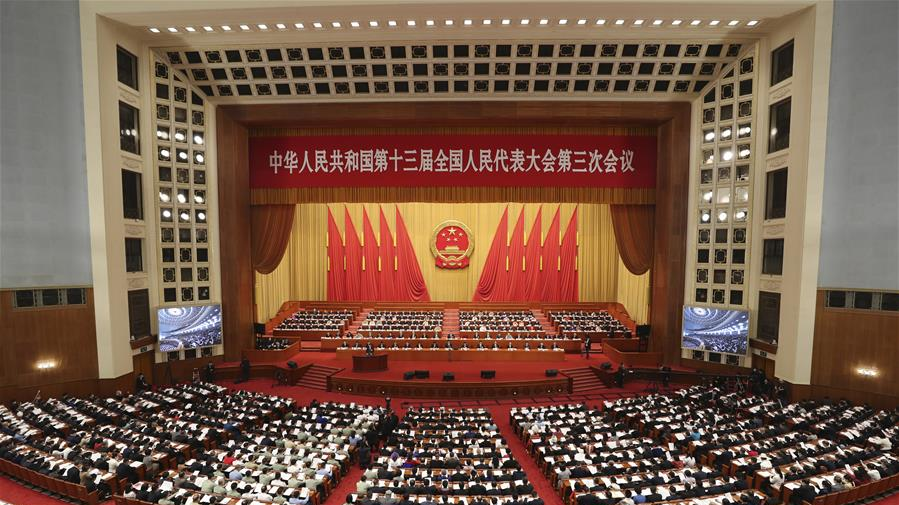
China’s biggest annual political meetings known as the ‘Two Sessions’ or 'lianghui' will kick off in Beijing on Thursday at the Great Hall of the People amid stringent COVID-19 restrictions, at a time when China is facing a number of major political challenges, including the aftermath of the coronavirus and the ongoing rivalry with the United States.
The top political advisory body, the Chinese People’s Political Consultative Conference (CPPCC) with around 2000 members will begin its session on 4th March while around 3,000 members body, the National People’s Congress (NPC), the country’s legislature will begin its meeting on 5th March.
But despite a packed agenda including discussion and passage of the next five-year plan for development and reform, this year’s lianghui, or “two sessions”, will be shorter than usual two weeks long, as it was last year.
The ‘two sessions’ this year are especially noteworthy. The 2021 gatherings of the top advisory and legislative bodies are particularly important because they will mark the start of the next five-year plan, the country’s fourteenth and coincide with the Communist Party’s centenary year.
Another focus area will be President Xi Jinping’s “2035 vision”—a grand blueprint that will build momentum as he heads toward an unprecedented third leadership term. Early suggestions for the plan have indicated that China is aiming to become a mid-income country and double its 2020 GDP in 2035.
The members will discuss issues ranging from economics and religion to sport, health and foreign affairs.
Analysts say, China’s policy of dual circulation focusing on domestic consumption, job creation, boost rural incomes, shrinking population, environmental policies and issues related to Hong Kong legislature may gain prominence.
China did not set an official GDP growth rate target at the 2020 two sessions. State media
reported that it may be scrapped again this year.
reported that it may be scrapped again this year.
The CPPCC members will discuss issues ranging from economics and religion to sport, health and foreign affairs. Various committees will then put together proposals for the government to consider.
However, they do not have the power to enact these proposals into law.
Therefore, proposals are put up to the NPC to be voted. Its 3,000 deputies from provinces, autonomous regions and municipalities gather for a full session once a year to vote on and pass important pieces of legislation.
The NPC is often described as a rubber stamp, serving to officially approve decisions made by other state bodies.
The government declared it had officially ended extreme poverty late last year, saying 850 million people had been lifted out of destitution in an “unprecedented accomplishment” unmatched by any nation in modern history.
However, analysts pointed out that poverty is a relative rather than absolute standard these days, and that China’s threshold of $1.70 per day for “extreme rural poverty” is even lower than the World Bank’s already paltry $1.90.
Analysts believe, Income inequality and regional disparities, particularly between booming cities and deprived rural areas will likely be the target of rural revitalization policies unveiled at the NPC.
China’s GDP per capita, meanwhile, has been above US$10,000 for two consecutive years – more than tenfold above what it was two decades ago.
Even though the gap between the rich and the poor is increasing,” analysts said. Premier Li Keqiang said last year more than 600 million people lived on a monthly income of just 1,000 yuan (US$154).
While on the other extreme, a latest report said that China becomes the first country to have more than 1,000 known billionaires in world.
No Comments For This Post, Be first to write a Comment.
Most viewed from International
Most viewed from World
AIMIM News
Latest Urdu News
Most Viewed
May 26, 2020
Should there be an India-Pakistan cricket match or not?
Latest Videos View All
Like Us
Home
About Us
Advertise With Us
All Polls
Epaper Archives
Privacy Policy
Contact Us
Download Etemaad App
© 2026 Etemaad Daily News, All Rights Reserved.


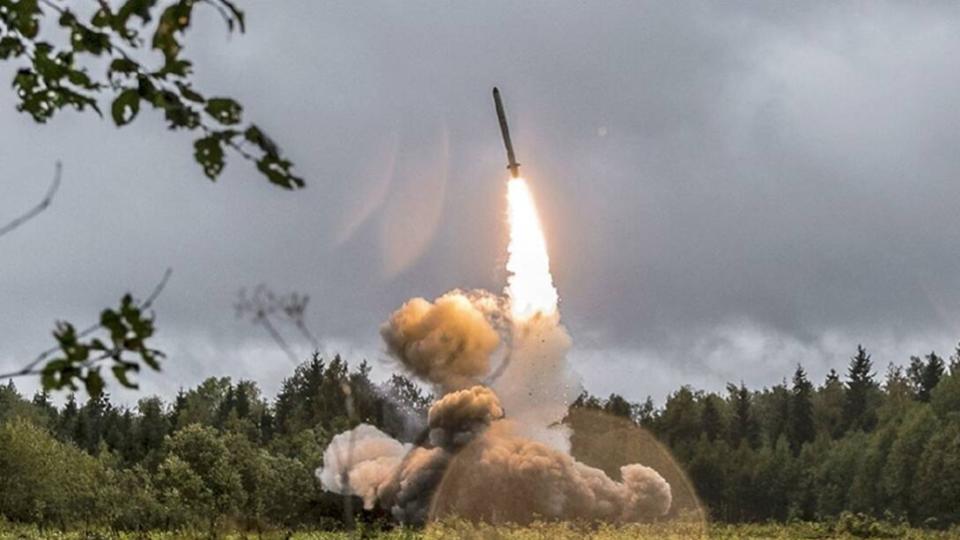


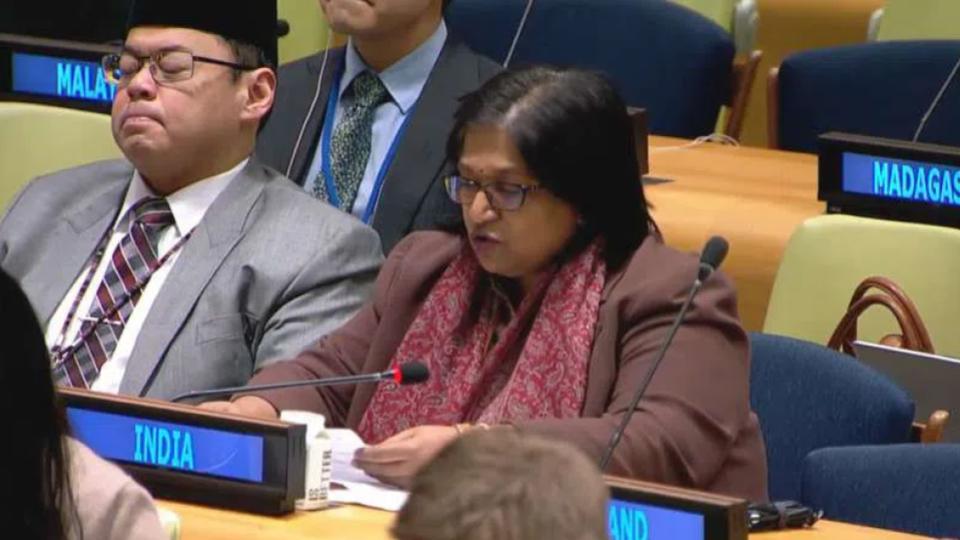
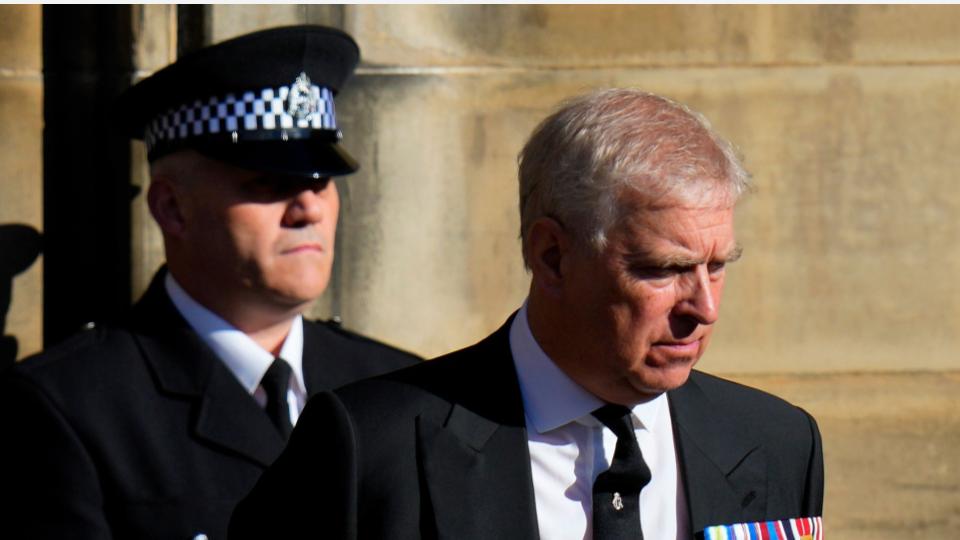
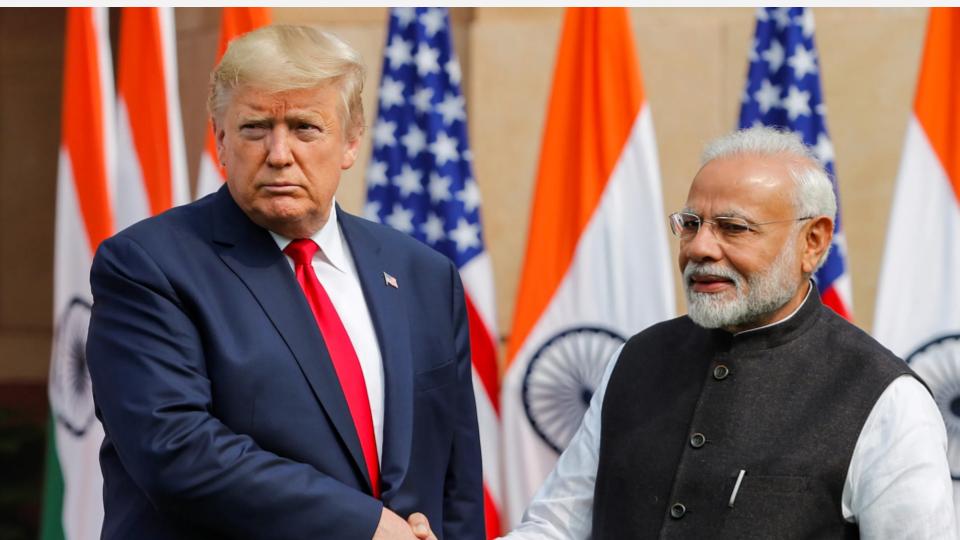
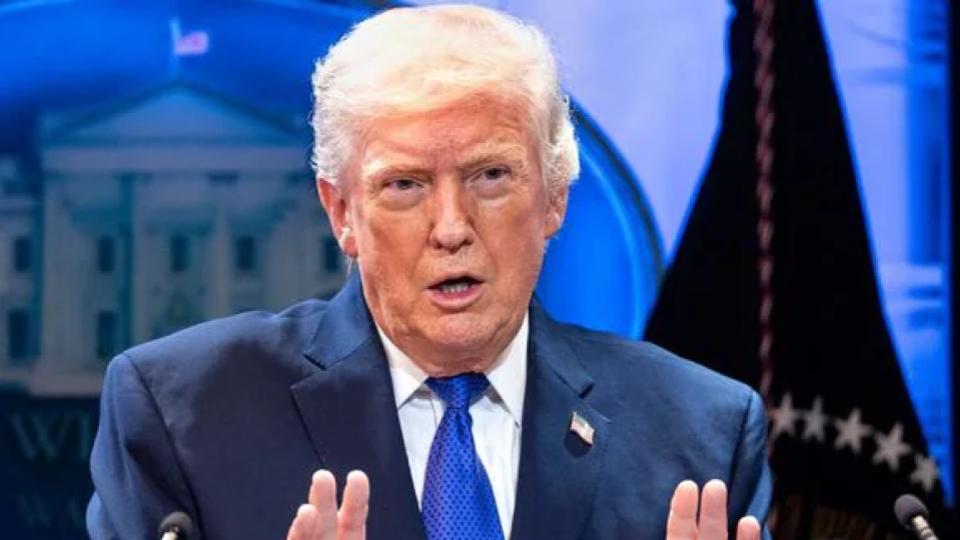


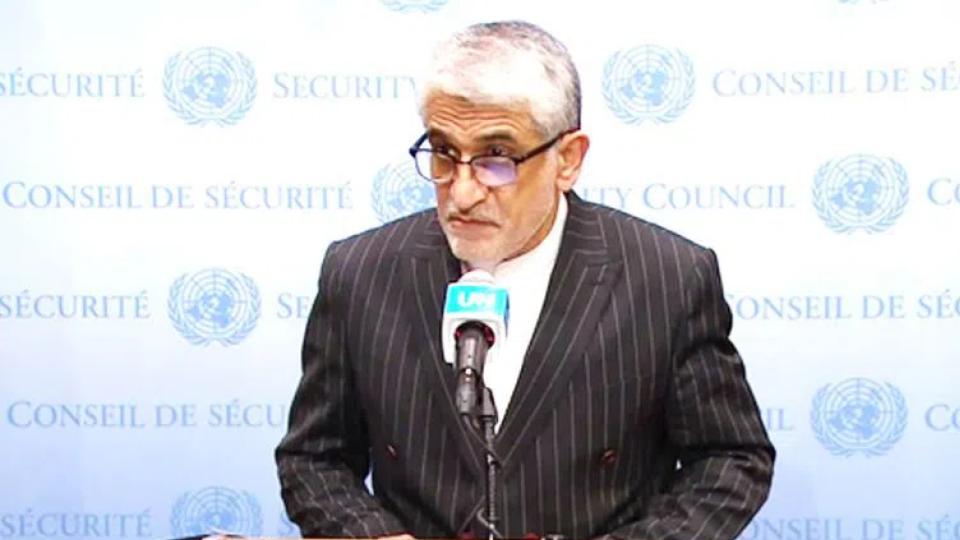
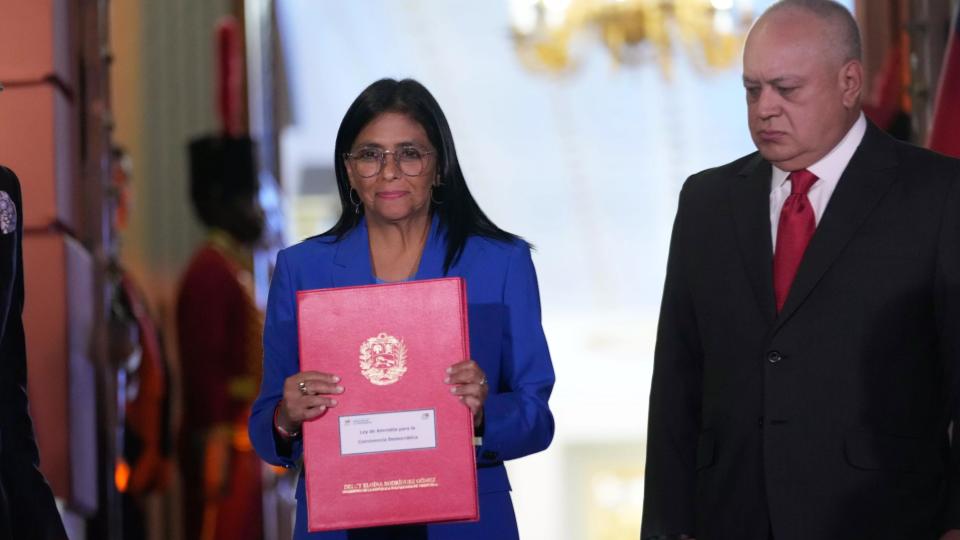






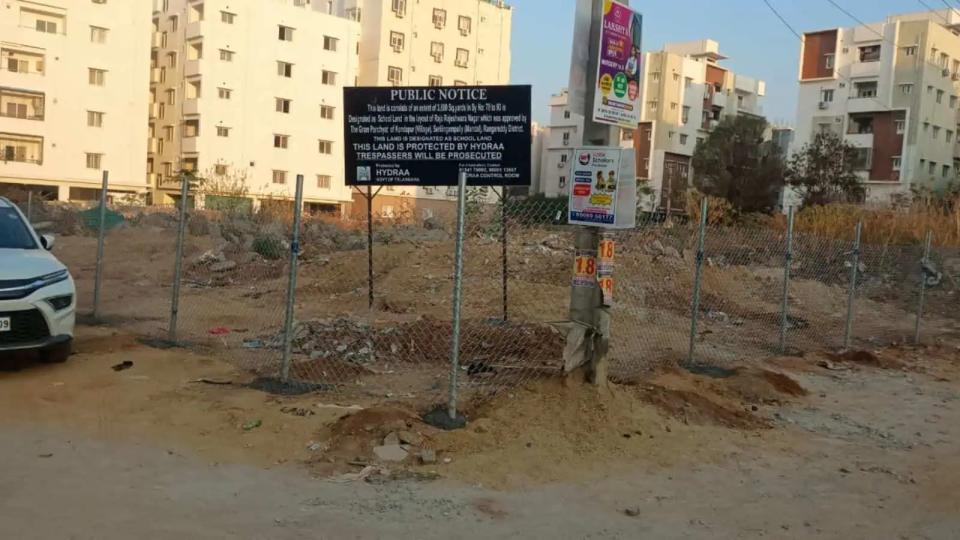
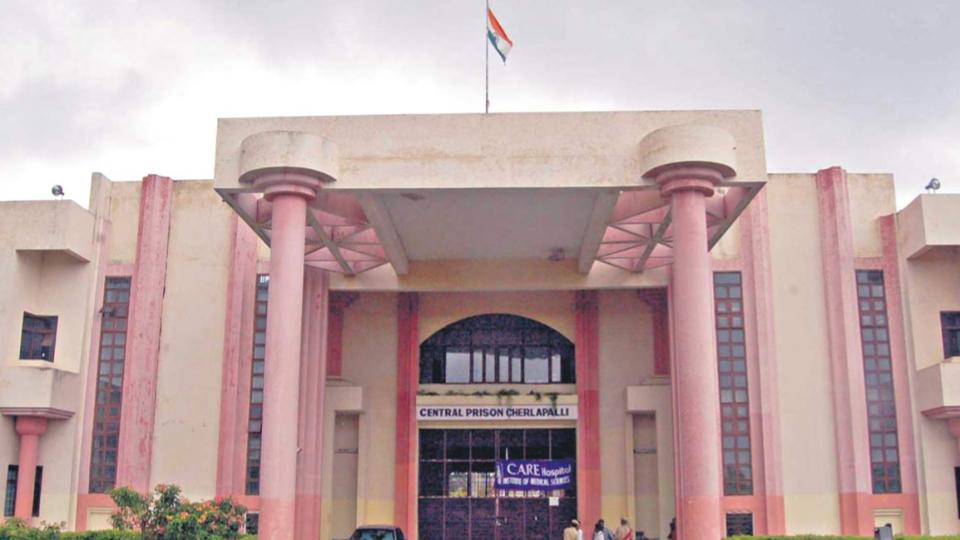

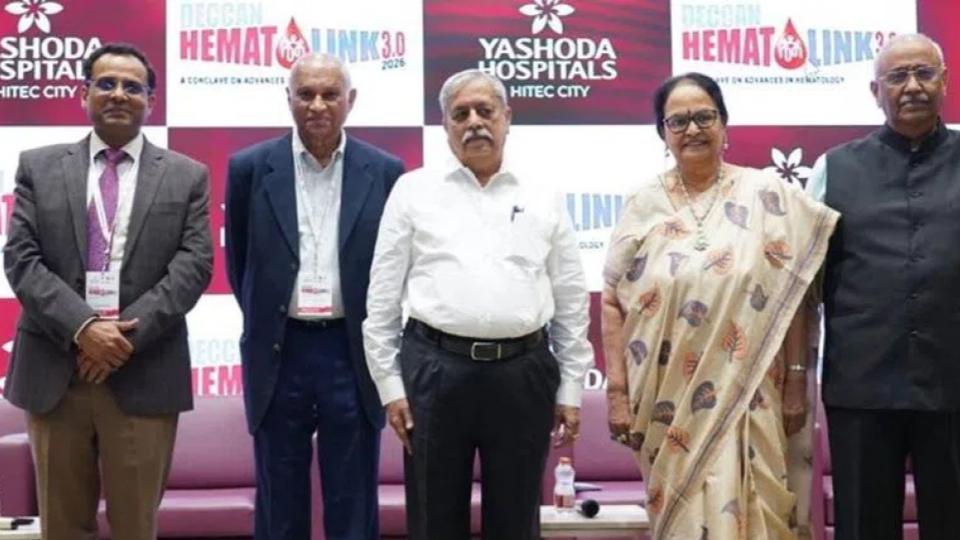














.jpg)
.jpg)
.jpg)


